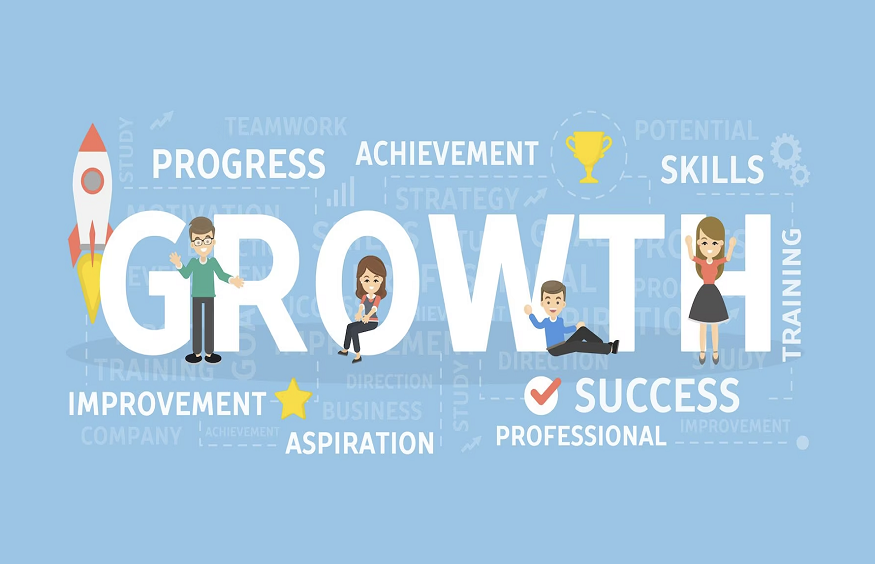Skills For Climate Tech Companies: Importance Of Reskilling And Upskilling In Climate Companies

In the face of an ever-escalating climate crisis, the role of climate tech companies has become more pivotal than ever before. These tech companies for climate are at the forefront of developing innovative solutions to combat environmental challenges.
However, to truly make a substantial impact, it’s imperative that they focus not only on their products and services, but also on the skills of their workforce.
The Rapid Evolution of Climate Technology
Climate technology is a rapidly evolving field. New innovations, research findings, and methodologies are emerging at an unprecedented pace. To keep up with this dynamic landscape, climate tech companies must ensure that their employees are equipped with the latest knowledge and skills.
Reskilling: Adapting to New Realities
Reskilling involves training employees in new or different skill sets that are relevant to the changing demands of the industry. In the context of tech companies for climate, this could mean providing training in cutting-edge technologies such as renewable energy systems, carbon capture, and sustainable materials development.
By investing in reskilling, tech companies for climate can empower their workforce to take on new roles and responsibilities within the organization. This not only enhances the individual employee’s career prospects but also strengthens the company’s ability to adapt to evolving market trends.
Upskilling: Elevating Expertise
Upskilling, on the other hand, focuses on enhancing the existing skill set of employees. For climate tech companies, this could involve in-depth training on specialized areas like climate modeling, environmental policy analysis, or green project management.
By upskilling their workforce, climate tech companies can foster a culture of continuous learning and development. This not only leads to a more knowledgeable and proficient team but also positions the company as a leader in the field.
The Competitive Edge of a Skilled Workforce
In the fiercely competitive landscape of climate tech, having a skilled workforce can be a game-changer. It allows companies to not only keep up with industry trends but also to stay ahead of the curve. Skilled employees are more adept at problem-solving, innovation, and adapting to new technologies, all of which are critical in a field as dynamic as climate technology.
Building a Sustainable Future
Beyond the immediate competitive advantage, reskilling and upskilling contribute significantly to the broader goal of building a sustainable future. By developing a workforce that is well-versed in the intricacies of climate technology, tech companies for climate play a vital role in driving positive environmental change.
Embracing Interdisciplinary Knowledge
Tech companies for climate operate at the intersection of various scientific disciplines. Therefore, employees with diverse skills and knowledge sets can greatly enhance the company’s capacity for innovation. Encouraging cross-disciplinary learning and collaboration can lead to breakthroughs that might not be possible within siloed skill sets.
Nurturing Leadership and Management Skills
As climate tech companies grow, the need for effective leadership and management becomes increasingly crucial. Offering leadership training programs can help identify and develop individuals who can guide the company towards its environmental goals while maintaining operational efficiency.
Ensuring Regulatory Compliance
Staying compliant with ever-evolving environmental regulations is a complex task. Specialized training in regulatory affairs and compliance ensures that climate tech companies operate within legal boundaries, avoiding costly penalties and reputational damage.
Conclusion: Empowering the Climate Tech Workforce
In conclusion, reskilling and upskilling are indispensable tools for tech companies for climate striving to make a meaningful impact in the fight against climate change. By investing in the continuous learning and development of their workforce, these companies not only gain a competitive edge but also contribute to the larger mission of creating a more sustainable future for all.
As the climate crisis continues to escalate, the importance of a skilled and knowledgeable workforce in climate tech companies cannot be overstated. It’s time for companies to prioritize reskilling and upskilling as essential components of their sustainability strategy. By doing so, they not only secure their position as industry leaders but also become instrumental in shaping a greener, more sustainable world.







